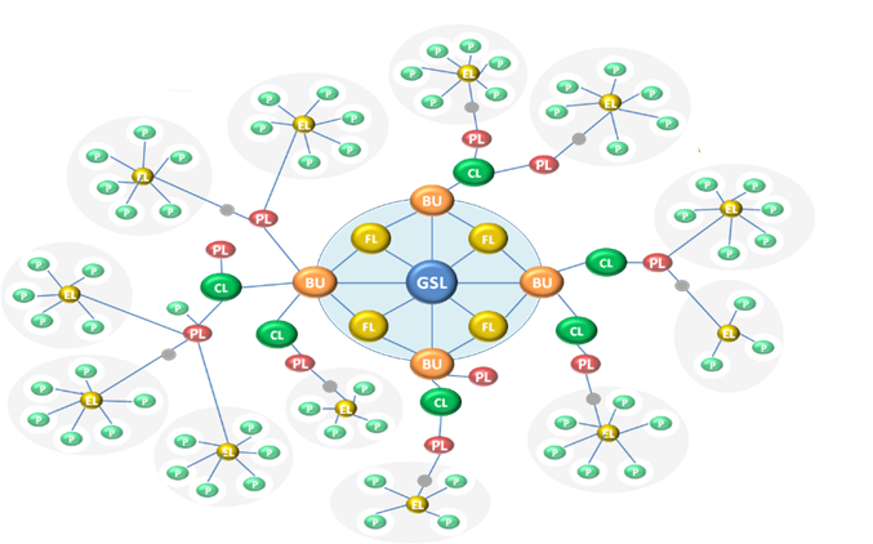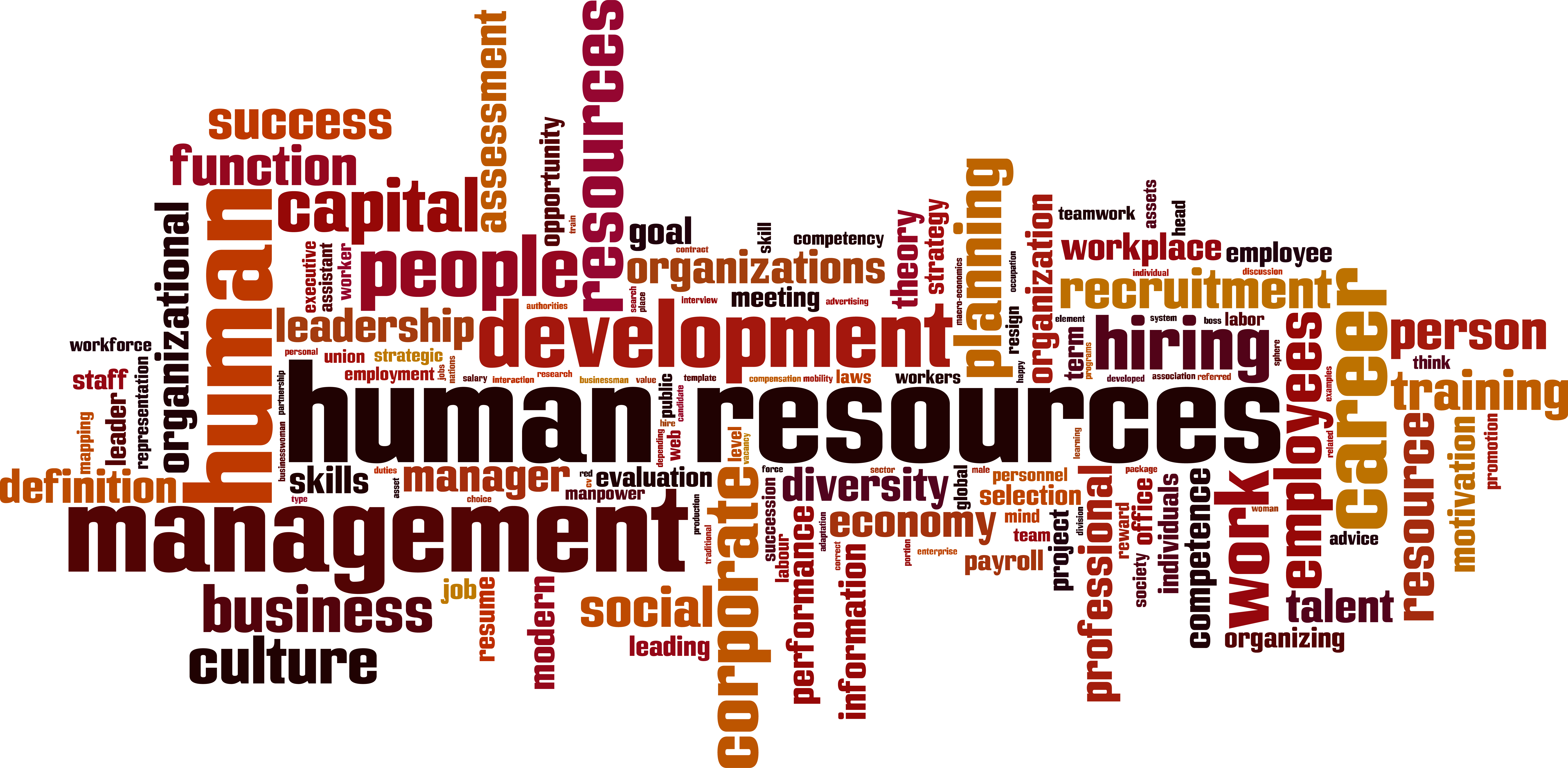
Overview
In the past, Human Resources (HR) and Talent Management (TM) primarily focused on hiring, employee record keeping, appraisal tracking, compensation and benefits, equal opportunity, education and training, grievance, and compliance programs – most often in product-based organizations.
The evolution of services and solutions-led businesses provides an exciting array of strategic partnering opportunities for HR and Talent Management teams.
Through first-hand experience assisting our clients, we have found Six Keys for Success in aligning your HR and Talent Management initiatives with your consulting services and solutions business.
By redefining and adapting the following for professional services:
- HR Strategy
- Talent Management
- Performance Management
- Compensation and Incentives
- M&A Transition and Integration
- Collaborative Leadership
… you can put all the pieces together to fully utilize the talents of ALL your people working collaboratively to solve client problems … and achieve success in professional services sooner!
As products became commoditized and profit margins shrank in recent years, firms such as Dell, DuPont Sustainable Solutions, EMC2, HP, IBM, Keysight, Oracle, Siemens, and Xerox began offering more fee-based services along with AI, Cognitive, Cloud, IOT and “As a Service” solutions, to help solve client problems, accelerate growth, and generate higher profits. More and more companies today are following suit.
Today’s professional services firms are client-driven, agile and adaptive, trying to get skilled resources closer to customers much faster than in the past. This requires significant changes in business, processes, as well as in people management. Many of the key HR/TM traditional support activities remain important, but focus has shifted to better HR and TM program alignment with the evolving services strategy, and more effective delivery of support for acquisition, strategic staffing, employee engagement, continuous professional development, dynamic skilled resource allocation, career growth, and retention of critical skills. These initiatives enhance the talents and collaborative contributions of all your people and contribute to increased customer satisfaction, loyalty and business outcomes.
Working with these and other clients, The INSIGHT Group has developed unique perspectives on the many cultural, organizational, business process, and people management changes required for success in services. We help HR and TM teams to partner more effectively with practitioners and management, within the evolving strategic and operational fabric of professional services businesses.
This Brief explores the new and continuously evolving strategic HR and TM direction.
The following is an abridged version of this article. The full INSIGHT Brief can be downloaded below.
The Imperative for Organizational Change

The Traditional Organization is often characterized as being too hierarchical, with centralized planning, resource allocation, and decision making reserved mainly for the top echelons. Primarily top-down and permission-based, these organizations can be less flexible and slow to make necessary decisions and changes—with little incentive for risk taking and collaboration. However, today’s global economy requires faster responses to rapid shifts in technology, competitive markets, customer needs, and spending patterns. Failure to do so can significantly reduce revenue, profit, and market share, as evidenced by the historically slow responses of U.S. companies to emerging global competition in the auto, electronics, photo, technology, appliance, and other product manufacturing industries over the last 20-30 years.

Professional Services Organization
The evolving Professional Services Organization, however, is less hierarchical and decisions are made closer to the customer. They consist of borderless, agile, client-driven “expert teams”, formed based on skills such as consultative selling, industry, technology, systems, and products knowledge, etc. They are deployed rapidly to client locations anywhere they are needed. They are built around core competency, practice, and functional teams and can adapt quickly to shifts in technology, markets, industry and customer needs. They strive to understand each client’s business and needs, then develop, sell, customize, and deliver services and solutions through “end of engagement” to solve customer problems and improve business. They may reform to chase and deliver new opportunities. Today’s organizations also reflect the needs of all generations, especially as Millennials and Gen Z’ers become a greater share of the workforce.
In a Professional Services Organization, talented people are the product; maintaining client valued skills and capabilities are critical to the ongoing success of the firm and practitioners.
There are a wide range of HRTM Solutions available today that include automated processes, applicant tracking, AI/Cognitive/Analytical tools for assessment and selection, allocation of skills to client engagements, skills and performance evaluation, succession planning and promotions, and predictive decision making for effective use in motivation and rewards, organizational development, and improved retention, among others.
So What's Changing? ...Just about Everything!
More than just organizational change, this is a broad transformation of values, culture, strategy, and business processes. Within this organizational transformation, the shift of people from expense to “revenue generators” has an enormous impact on how people in the organization are deployed - and especially in how they are managed:

Six Keys for Success
HR and TM teams are evolving rapidly to provide more strategic, flexible, and tailored approaches to address the unique challenges of the service business. By better understanding these new business models and their challenges, aligning existing HR programs or developing new ones, HR is better positioned to participate and influence services strategy development, business planning, and the tactical execution of services strategies and plans. Through first-hand experience working with over 50 companies, The INSIGHT Group has identified the following Six Keys for Success in services:
For expanded explanations of each 'Key', the full INSIGHT Brief can be downloaded below.
- HR Strategy Alignment:

By aligning its HR strategy with the firm’s focus on acquiring, developing, deploying, evaluating, and rewarding “client-valued skills”, our client’s HR team articulated a new set of HR requirements and initiatives that aligned more with the firm’s professional services goals and strategies.
- Talent Management:
The number one client complaint we receive from services executives is that they must leave “money on the table” because they cannot get the talent needed fast enough to bid and capture identified opportunities. If your current talent approval and acquisition process is too slow, consider more predictive “end-to-end” talent acquisition and skilled resource management approaches to get the talent needed at the right time, cost, and place to staff engagements and services delivery opportunities.
- Performance Management:
Aligning current and/or developing new performance management tools can help you to better address the multiplicity of performance and results feedback available from the variety of services roles, managers, engagement leaders, peers, skills and professional development leaders, and most importantly—directly from customers! By integrating key services expectations, our clients can retune their performance management process to help improve both individual and business results.
- Total Compensation and Incentives:
Competitive professional consulting services job matching to relevant services market salary/incentive survey data are critical success factors. As “everyone sells” in professional services, broader incentive eligibility and wider salary bands can also motivate continuous competency development and pay growth.
- Transition and Integration Management:

One of the quickest paths to improve your services business is by acquiring existing professional services firms—or in some cases divesting less strategic ones. Recent examples include HP/EDS, IBM/Price Waterhouse Consulting/Redhat, Xerox/ACS, and Dell/Perot Systems, among others. Conducting comprehensive HR/TM Due Diligence for business and “cultural fit”, transition planning and comparative analysis of all employment related matters can help overcome anticipated pitfalls and improve your services business success sooner.
- Collaborative Leadership, Mentoring and Executive Advisors:
Having the right services thought leadership and management talent for your current or new services venture is crucial. Assessing, developing, coaching, mentoring and advising to improve the collaborative leadership capabilities of your services management team, engagement leaders, and practitioners can enable success. Our Mentoring and Executive Advisor Offerings and 360° Assessments have helped our clients identify and develop desired leadership skills and behaviors with targeted individual/team development plans.






